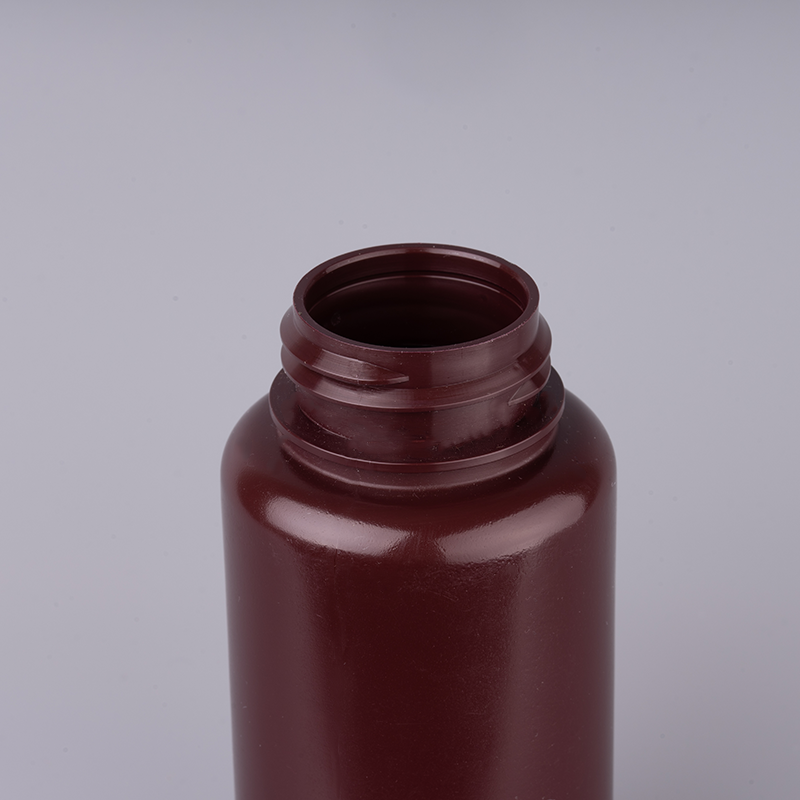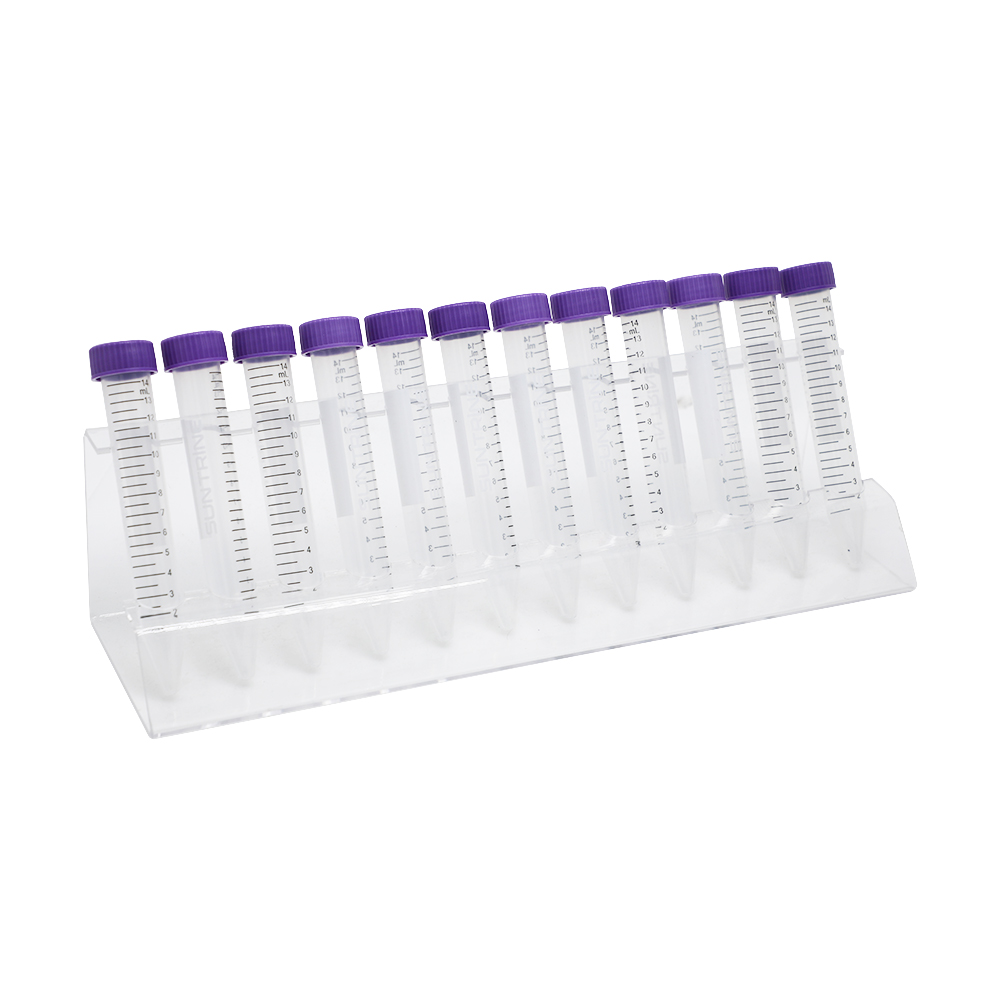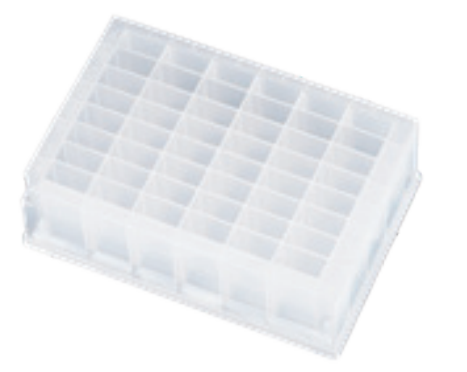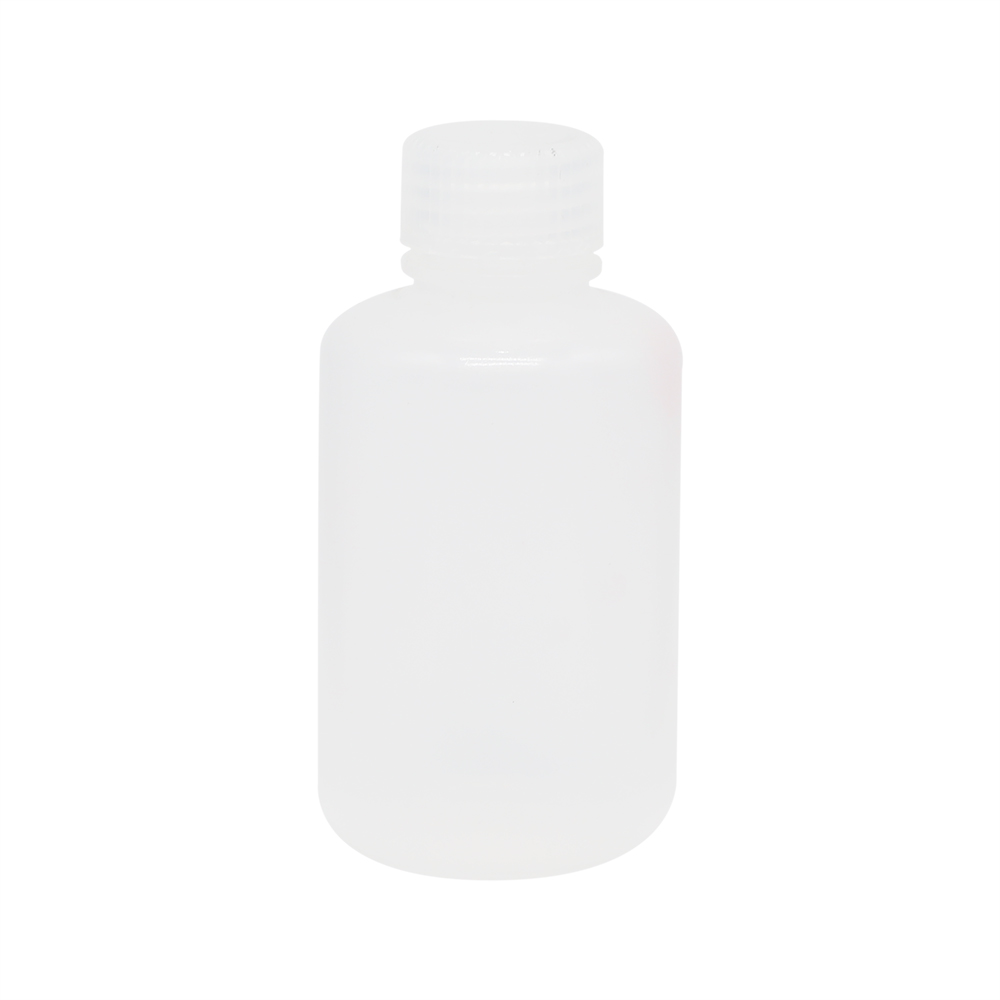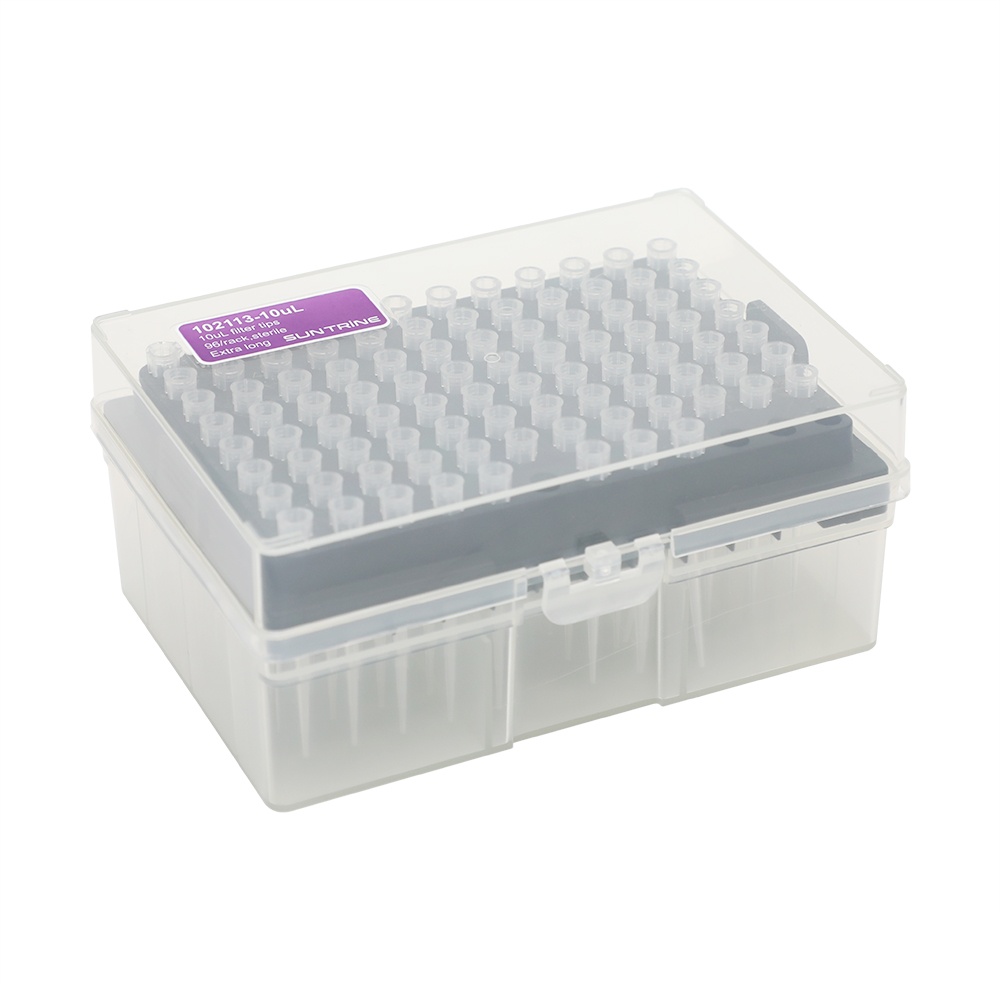Product News
- Home
- /
- Product News
- /
- Page 5
What criteria define a high-quality 15ml plastic bottle, and how do these standards contribute to its reliability for storing and transporting liquids in laboratory or industrial settings?
The ubiquitous 15ml plastic bottle serves as an essential vessel for storing and transporting various liquids in laboratory and industrial environments. However, the quality standards that define these bottles play a pivotal role in ensuring their reliability and efficacy in safeguarding the integrity of stored substances.
How do you properly select the appropriate material (plastic type) for 15ml conical bottom centrifuge tubes based on the intended applications?
In laboratory settings, 15ml conical bottom centrifuge tubes play a pivotal role in various scientific procedures, from sample preparation to isolation and analysis. However, the choice of plastic material for these tubes significantly impacts their performance and reliability in specific applications. This comprehensive guide aims to delve into the critical factors involved in selecting the most suitable plastic material for 15ml conical bottom centrifuge tubes based on intended applications.
What are 48-Well Deep-Well Plates, and what are their primary uses in laboratory settings?
In the realm of laboratory research, precise sample handling and efficient experimentation are critical. This article serves as a comprehensive guide to elucidate the features, primary applications, and significance of 48-Well Deep-Well Plates in facilitating various laboratory procedures and experiments.
What are Pipette Filter Tips (0.1-10 µl) and how do they differ from regular pipette tips?
In the realm of laboratory work, precision and purity are paramount. This article delves into the nuanced differences between Pipette Filter Tips (0.1-10 µl) and conventional pipette tips, elucidating their unique features, functionalities, and the specific advantages they offer in laboratory settings.
What are the differences between 1000ml Glass Reagent Bottles and other types of lab containers, such as plastic or polyethylene bottles?
In laboratories and scientific settings, the choice of containers for reagents, chemicals, and substances is critical. This article delves into the distinctive attributes and variances between 1000ml Glass Reagent Bottles and their plastic or polyethylene counterparts commonly used in laboratory environments.
What are the advantages of using brown glass over other materials for reagent bottles in laboratories?
In the intricate world of laboratory research, precision and reliability are paramount. Every scientific experiment or analysis heavily relies on the quality and integrity of the chemicals and reagents used. Among the essential apparatuses, reagent bottles play a crucial role in preserving the efficacy of these substances. In this context, the discussion of the advantages of brown glass over other materials for reagent bottles in laboratories becomes pivotal.
What materials are commonly used in manufacturing 15 mL conical screw cap tubes, and how do these materials affect their durability and suitability for different applications?
15 mL conical screw cap tubes are indispensable tools in laboratory settings, utilized for storage, centrifugation, and sample processing. The choice of materials used in manufacturing these tubes significantly influences their durability and suitability for diverse applications. Understanding the properties and characteristics of materials like Polypropylene (PP), Polycarbonate (PC), High-Density Polyethylene (HDPE), and others is crucial in discerning their impact on the functionality of these tubes.
What are the advantages of using 48-well deep well plates compared to other multi-well plates for specific laboratory applications?
Multi-well plates play a pivotal role in diverse laboratory applications, facilitating experiments across scientific disciplines. Among these, the 48-well deep well plates stand out due to their unique advantages over other multi-well plates. This article aims to explore and delineate the distinct benefits of utilizing 48-well deep well plates for specific laboratory applications.
Are there any considerations or limitations when using filtered 1-1000 ul pipette tips with different types of samples or solutions?
In laboratories, accuracy and precision are vital when handling various samples or solutions. Filtered pipette tips serve as essential tools in preventing contamination and maintaining sample integrity during pipetting procedures. This article explores the considerations and limitations when using filtered 1-1000 ul pipette tips with different sample types, shedding light on their importance and challenges.

